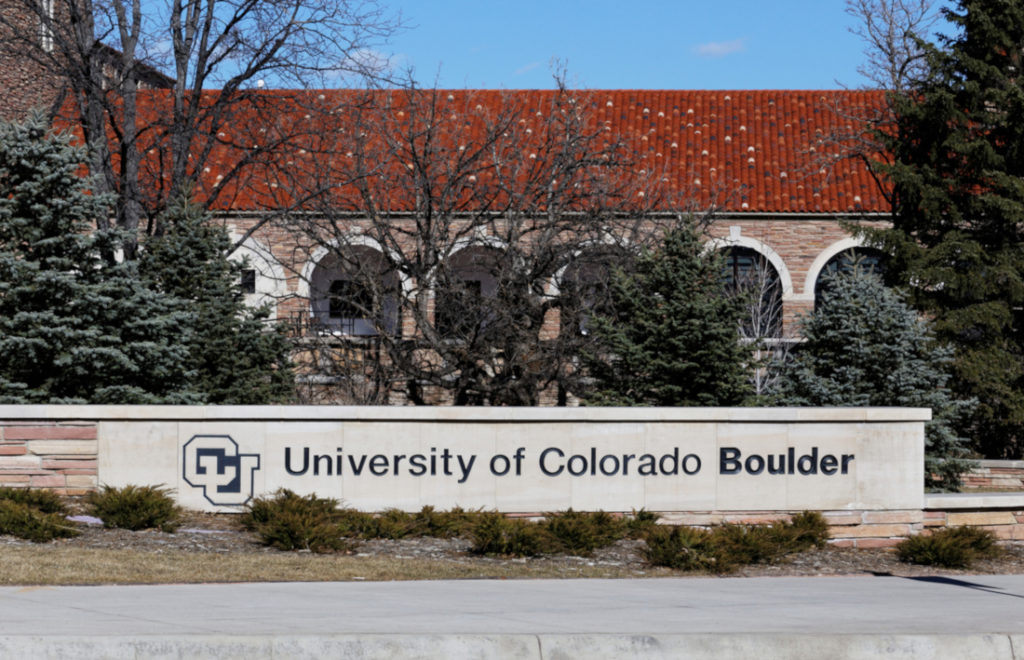By Jeffrey A. Roberts
CFOIC Executive Director
Responding to recent court rulings against the University of Colorado regents and a Colorado Springs school board, two state lawmakers this week introduced legislation that would let public bodies disclose just one finalist when choosing a new chief executive.
House Bill 21-1051 acknowledges that “multiple” courts have interpreted Colorado’s open-government laws to require the naming of more than one finalist.
Last March, a judge found that the CU Board of Regents violated the Colorado Open Records Act when it provided only Mark Kennedy’s application to the Boulder Daily Camera in response to the newspaper’s 2019 requests for the names and applications of all presidency finalists. In June, a judge determined that Academy District 20 in Colorado Springs improperly denied a parent’s CORA request for the names and applications of all superintendent finalists. The CU ruling has been appealed.

The bill, sponsored by Republican Rep. Tim Geitner of Colorado Springs and Democratic Rep. Shannon Bird of Westminster, amends the Colorado Open Meetings Law so that a state or local public body would be required to publicly name just one finalist for a chief executive officer position — or more than one finalist if it chooses to do so — at least 14 days before a position is filled.
The proposal would still require the disclosure of finalist applications, but it deletes wording in the open records law that the judges in both cases relied upon in making their rulings. The definition of “finalist” would no longer mean “a member of the final group of applicants or candidates …” And CORA would no longer say, “… if only three or fewer applicants or candidates for the chief executive officer position possess the minimum qualifications for the position, said applicants or candidates shall be considered finalists.”
“The ability of state and local public bodies to attract highly qualified applicants for employment positions, including chief executive officer positions, is essential to their ability to function effectively,” says the legislative declaration in HB 21-1051. “… The likelihood of having application materials publicly released even when a candidate is not selected has in turn had a chilling effect on the ability of state and local public bodies to attract candidates for these positions, due to concerns about individual privacy among potential candidates.”
“Even if the candidates have concerns about privacy, I think the public’s right to know overrides that,” said Melanie Knapp, the Colorado Springs parent who successfully sued Academy District 20. The bill, she told the Colorado Freedom of Information Coalition, “completely violates the spirit of openness in government. I can’t believe this is even a possibility.”
In its successful lawsuit against the CU regents, the Daily Camera argued that CORA and the open meetings law, as currently written, recognize the public’s right to know who was seriously considered for the president’s job.
“Critically, the public had no opportunity to compare Mr. Kennedy with the other finalists,” wrote the newspaper’s lawyers, Robert Gunning and Eric Maxfield. “Were they leaders of other educational institutions? What was their fundraising experience? Were they Democrats or Republicans? What was their demographic information? How diverse was the field of finalists?”
A friend-of-the-court brief filed with the Colorado Court of Appeals by CFOIC and other organizations says the public has a “profound interest” in the hiring of state university presidents and how they are chosen. “If presidential searches are conducted in the total secrecy for which (the regents) argue in this case,” it contends, “the public will have no way of knowing whether a diverse range of candidates received consideration, or whether the process was engineered to produce a preordained result.”
The amicus brief cites research showing that secretive searches “primarily accrue to the benefit of insider candidates with ties to the decisionmakers” and “there is no night-and-day difference” between the backgrounds of university presidents hired in secrecy versus those hired after searches where finalists were disclosed.
University of Florida law student Turner Street found that the most common career path for someone publicly rejected as a presidential finalist is to attain a different college or university presidency. That happened to Kennedy, who had been a publicly named finalist for the University of Central Florida presidency before getting the CU job.
HB 21-1051 has been assigned to House Business Affairs & Labor Committee.
Follow the Colorado Freedom of Information Coalition on Twitter @CoFOIC. Like CFOIC’s Facebook page. Do you appreciate the information and resources provided by CFOIC? Please consider making a tax-deductible donation.




